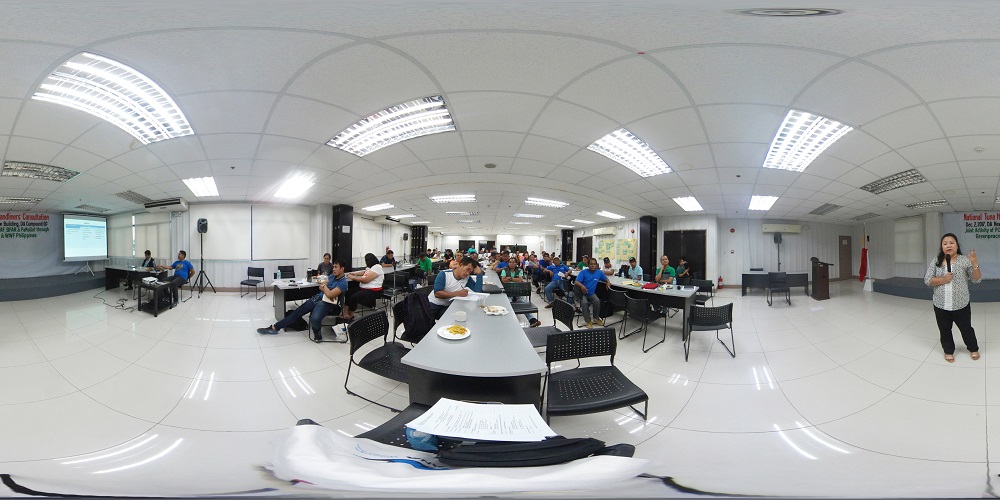Plans for Sustainable Fishing Advanced in National Assembly
December 2017
The Philippines is one of the world’s largest tuna exporters. However, the country’s tuna supply has been gradually decreasing throughout the years due to ineffective fishing techniques and malpractices such as overfishing and illegal fishing. As a result, the government, along with several stakeholders, called for more sustainable methods of fishing, particularly handline fishing that would greatly contribute to the country’s fishing economy without disrupting the tuna stock cycle.
The Philippine Council for Agriculture and Fisheries (PCAF), Bureau of Fisheries and Aquatic Resources (BFAR), and Pangingisda Natin Gawing Tama (PaNaGat), in partnership with WWF-Philippines and Greenpeace, facilitated a national assembly for handline fishing stakeholders last December 2-3, 2017 to discuss concerns and developments in the tuna handline fishing industry in the country.
The two-day event focused on collaborating with key handline fishers and stakeholders on sustainable tuna fishing and highlighted the present state and issues concerning the tuna handline fisheries in the country. Apart from this, the workshop also presented market opportunities for sustainably caught tuna and key stakeholders formed an action plan for an alliance of handliners, and pole and line fishers. The workshop’s participants look forward to further solidifying and lobbying the plan to legislators for better policies and regulatory measures for handline fishing.

WWF-Philippines Sustainable Tuna Program Manager Joann Binondo (right) presents during the national assembly for sustainable fishing.
© Dezza Rodriguez / WWF-Philippines
